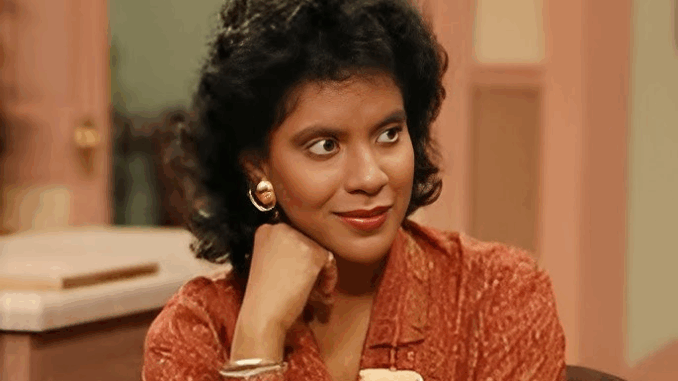
In the academic world of media studies, The Cosby Show has long been hailed as a groundbreaking artifact — not simply for its popularity, but for the profound way it reframed the cultural narrative around African-American life. Airing from 1984 to 1992, the series didn’t just entertain; it educated and, arguably, re-engineered perceptions of race, class, and family in the American psyche.
At the heart of The Cosby Show was the Huxtable family — articulate, professional, close-knit. Unlike many portrayals of Black families at the time, which were often steeped in struggle or dysfunction, the Huxtables were defined by stability, intellect, and humor. Scholars argue that this portrayal challenged a media landscape riddled with racial tropes and offered a counter-narrative that centered dignity, aspiration, and middle-class achievement.
The impact extended beyond representation. For African-American viewers, the show was affirming. It offered a mirror rarely seen — one that reflected possibility, not limitation. For white audiences, it acted as a window, normalizing Black excellence in a space previously dominated by white suburban narratives. Its cultural crossover was significant, contributing to national conversations about equality, respectability, and social mobility.
However, the show’s presentation of race was not without criticism. Some sociologists contend that the Huxtables represented an idealized, almost sanitized version of Black life — one that focused on exceptionalism rather than systemic realities. By emphasizing a post-racial aesthetic, The Cosby Show was accused by some of downplaying the real struggles many African-Americans continued to face in Reagan-era America.
These discussions became even more complex in light of Bill Cosby’s legal and moral downfall. As academics re-evaluate the series, they are forced to reconcile the pioneering nature of the show with the deeply troubling behavior of its star. In classrooms and conferences, The Cosby Show is now less a celebration and more a case study — one that provokes questions about cultural memory, media ethics, and the entanglement of art and artist.
Yet, as media scholar Dr. Herman Gray once noted, “The Cosby Show didn’t just reflect society; it helped imagine a different one.” And that imagination — complex, flawed, and powerful — remains part of the ongoing discourse around race, media, and the American family.
